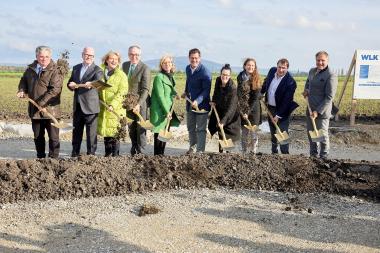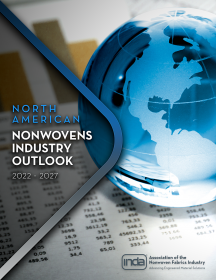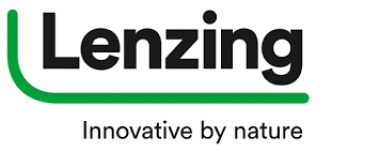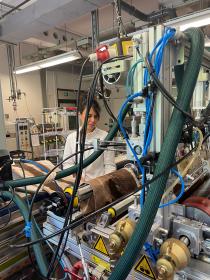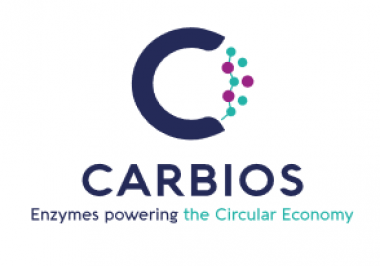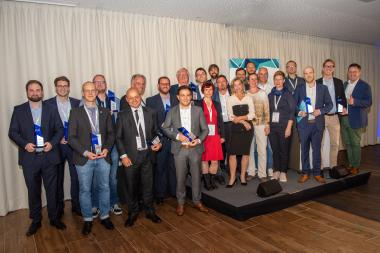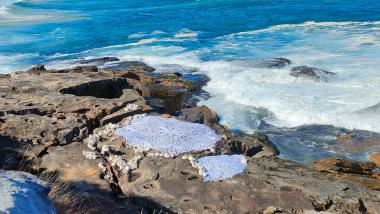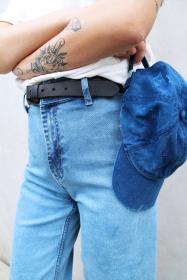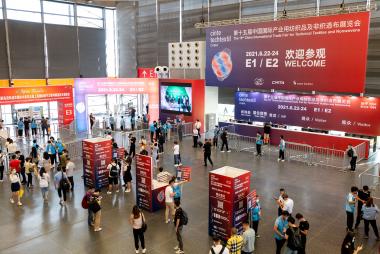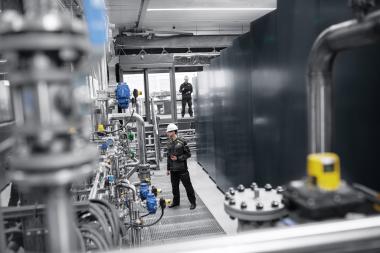Indorama Ventures: 3Q23 Performance report
- Revenue of US$3.9B, a decline of 1% QoQ and 20% YoY
- EBITDA of US$324M, an increase of 1% QoQ and a decrease of 37% YoY
- Operating cash flows of US$410M
- Net Operating Debt to Equity of 0.97x
- EPS of THB 0.00
Indorama Ventures Public Company Limited (IVL) reported stable third-quarter earnings as the company’s management focuses on conserving cash and improving competitiveness to bolster performance in a continued period of weakness in the global chemical industry.
Indorama Ventures achieved EBITDA of $324 million in 3Q23, an increase of 1% QoQ and a decline of 37% YoY, impacted by a weak economic environment, geopolitical tensions, and continued post-pandemic disruptions in global markets. Sales volumes dropped 5% from a year ago to 3.6 million tons as China recovers from the pandemic more slowly than expected and an extended period of destocking in the manufacturing and chemical sectors continues to normalize from unprecedented levels last year.
Management continues to focus on conserving cash, realizing efficiency improvements, and optimizing the company’s operational footprint to boost profitability. These efforts resulted in positive operating cash flow of US$410 million in the quarter, positive free cash flow of $79 million year to date, and room for further reductions in working capital going forward. The company’s AA- rating was maintained by TRIS in the quarter, with a stable outlook.
The company expects the operating environment to improve in 2024 as customer destocking continues to ease across all three of Indorama Ventures’ segments. The ramp up of PET and fibers expansion projects operations in India and the U.S. will also contribute to increased volumes.
Combined PET posted EBITDA of $146 million, a 25% decline QoQ, amid historically low benchmark PET margins, increased feedstock prices in Western markets, and lingering effects of destocking. Integrated Oxides and Derivatives (IOD) segment posted a 27% rise in EBITDA to $119 million QoQ, supported by strong MTBE margins in the Integrated Intermediates business. The Integrated Downstream portfolio’s profitability was impacted by destocking, inflationary pressures, and margin pressure from imports. Fibers segment achieved a 140% increase in EBITDA to $48 million QoQ as Lifestyle volumes grew in key markets in Asia, and the Mobility and Hygiene verticals benefited from management’s focus on optimizing operations and refocusing the organization.
Indorama Ventures Public Company Limited





